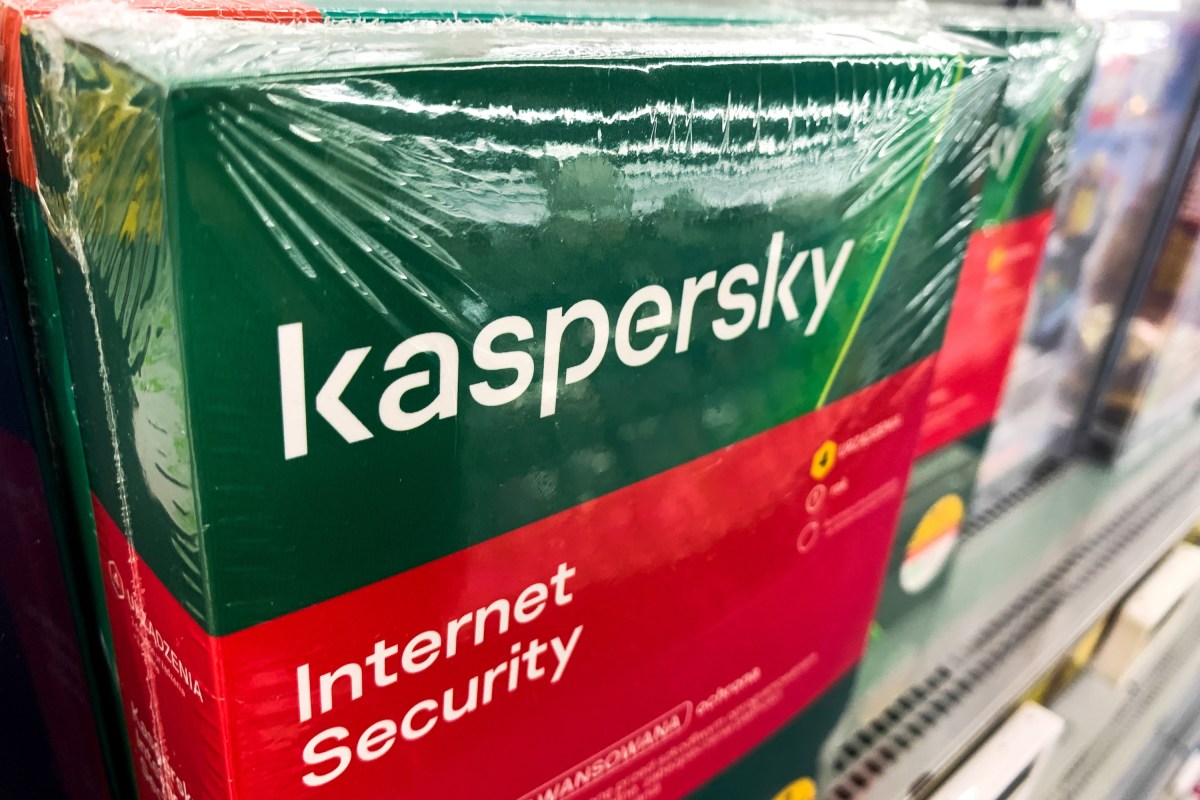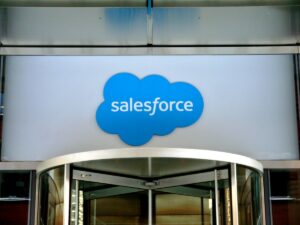
Last week, the U.S. government announced an unprecedented ban on selling any software made by the Russian cybersecurity firm Kaspersky in the United States.
Just days after the ban’s announcement, some American companies who are official Kaspersky resellers — or managed service provider (MSP) partners — say they have been left confused, angry, and worried about how the ban will impact them.
The Commerce Department’s Bureau of Industry and Security, which called it a “first of its kind” ban, said it took action because the antivirus and security software maker is headquartered in Russia, which poses unacceptable cybersecurity and privacy risks for Americans.
Top executives at Kaspersky were also sanctioned, effectively barring U.S. businesses and customers from paying Kaspersky beginning July 20, when the ban on selling the software to new customers begins. Kaspersky will be permitted to provide software and security updates to existing U.S. customers until September 29, after which the updates will stop and Kaspersky’s software will become far less effective.
In its online guidance, the Commerce Department acknowledged that U.S. businesses will no longer be allowed to resell Kaspersky software after the ban takes effect, but offers little guidance for those affected businesses. A spokesperson for the Commerce Department did not respond to a request for comment prior to publication.
TechCrunch spoke to people running four companies who are listed on Kaspersky’s official website as MSP partners in the United States. All four companies criticized the impending ban.
Avi Fleischer, the founder of Technical Difficulties, told TechCrunch that not only does he sell Kaspersky to his customers, he also uses its products on his phone and personal computer. He added that the ban is “annoying, to say the least,” because he will now have to find another antivirus company and migrate all his customers to the new product, which will cost him time and money.
“It’s just a lot of time lost for nothing. And I don’t see how I can even really charge end users for this,” Fleischer said in a phone call. “It was my suggestion that they use Kaspersky and now Kaspersky is being banned by the United States government. What am I supposed to do?”
Fleischer said that he has between 300 and 400 customer endpoints — meaning computers or servers — running Kaspersky software right now. And migrating all of his customers to another provider is not just an issue of uninstalling Kaspersky and installing a competitor’s antivirus. He explained that once he switches to a different software, he will have to make sure that the new software is properly configured, that it doesn’t break other programs that are network-based, and that its firewall rules are properly set.
“So you have to make sure that when you do the migration over to another product, that all of those things — those exclusions and configurations — are manually put into the new product,” he said.
Fleischer said he previously migrated his customers from a different antivirus to Kaspersky, and it took him two months to complete the transition.
Contact Us
Do you have more information about how the Kaspersky ban will affect you or your business? From a non-work device, you can contact Lorenzo Franceschi-Bicchierai securely on Signal at +1 917 257 1382, or via Telegram, Keybase and Wire @lorenzofb, or email. You also can contact TechCrunch via SecureDrop.
Danny Falin, the president of Georgia IT Consulting, said that the ban is “a burden” on his company, his customers, and other MSP services, and that the ban is a “political” decision by the Biden administration that will only damage Americans in the end.
“Millions of U.S. consumers [use Kaspersky] for home [antivirus]… Biden isn’t punishing Kaspersky, he is punishing us,” Falin told TechCrunch in an email.
Falin said that he and his company “will stay with Kaspersky as long as we can, it is a good company.”
“I will sell it as long as they support it. I don’t disclose what we sell and make as a company but [the ban] will hurt because they are cheaper and a better company than many here,” he added.
William Finnigan, the owner of Office Smith, another Kaspersky MSP partner, told TechCrunch that, as of now, his company is still a partner, but also that the ban “is causing me problems,” because it’s unclear who is going to refund the clients who use it and will have to stop using it.
“I’m trying to figure out what remedies my clients have from my wholesalers (companies want their money back). I wish it had just been a ban on future sales, but the fact that it will actively block updates from Kaspersky starting at the end of September is a huge problem for the company and their clients,” Finnigan said in an email. “It is unclear what costs, if any, will result as the wholesaler and Kaspersky haven’t yet decided what they are going to do.”
The person who runs Adkins IT Support, who did not provide their name, told TechCrunch in an email that the ban and subsequent sanctions against Kaspersky executives “are complete bulls—t.”
“I have been forced to discontinue my MSP partnership with Kaspersky against my will. With very little time to do so, I now have to replace software that has been a reliable line of defense for my clients because of geopolitical posturing,” they said.
The owner said that the plan going forward is to offer Kaspersky competitors to his clients, and that the financial impact their company will withstand will depend on the pricing of those competitors and how that compares to the previous pricing for Kaspersky.
It’s unclear how many people use Kaspersky in the United States. The company doesn’t provide numbers broken down by country, and a spokesperson did not respond to a request for comment. On its official website, Kaspersky says that it has more than 400 million individual customers, and over 240,000 corporate customers worldwide.





